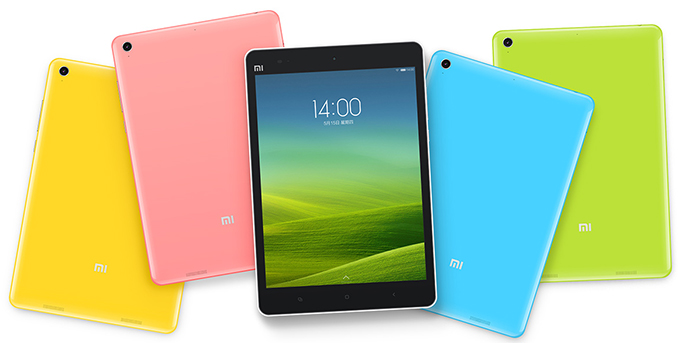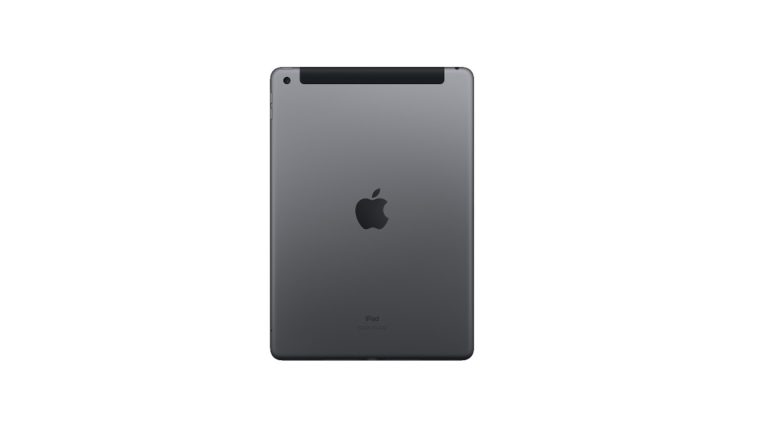JPO sided with Apple Inc. in a dispute with a China-based consumer electronics company, Xiaomi that registers and uses the “MI PAD” trademark on tablet computers by finding that “MI PAD” is likely to cause confusion with “iPad”.
[Opposition case no. 2019-685002, Gazette issued date: November 27, 2020]
Xiaomi “MI PAD”
Xiaomi, a China-based electronics manufacturer headquartered in Beijing, filed a trademark application for word mark “MI PAD” via the Madrid Protocol (IR 1223839) in respect of various goods including table computers, downloadable music files, downloadable image files in class 9, and telecommunication access services and others in class 38 on August 22, 2017.
Prior to filing the application, Xiaomi newly introduced its first tablet, the Tegra K1-powered “Mi Pad” in 2014.

The JPO admitted registration of the MI PAD mark on December 7, 2018.
Opposition by Apple “iPad”
The Opponent, whose earlier ‘iPad’ trademark for its computer tablet products was also registered in Classes 9 and 38, is the U.S. tech giant, Apple Inc.

The heart of this dispute concerned the grounds of opposition raised by Apple Inc. against Xiaomi’s ‘MI PAD’ mark registration in Japan under Article 4(1)(xv) of the Japan Trademark Law.
Article 4(1)(xv) is a provision to prohibit any mark from registering if it is likely to cause confusion with other business entities ’ well-known goods or services.
The Opponent argued the “MI PAD” mark shall cause confusion with Apple “iPad” when used tablet computers and related goods and services, given a remarkable reputation of “iPad” holding a top market share (42% in 2017, 43.2% 2018) in Japan and the close resemblance between “iPad” and “MI PAD”.
JPO decision
The Opposition Board admitted a remarkable degree of reputation and popularity of opponent trademark “iPad” based on the produced evidence boasting the top market share consecutively for the past nine years in Japan. Besides, the Board found “iPad”, consisting of “i” and “Pad”, is highly unique because the term “Pad” is anything but descriptive in relation to tablet computers.
In the assessment of mark, the Board held the dissimilarity between the signs at issue, resulting from the presence of the additional letter ‘m’ at the beginning of “MI PAD”, is not sufficient to offset the high degree of visual and phonetic similarity between the two signs. It is unquestionable that the designated goods and services are closely associated with tablet computers and consumed by the same consumers.
If so, it is likely that the consumers at the sight of disputed goods and services bearing the “MI PAD” mark would confuse or misconceive its source with Apple Inc. or any entity systematically or economically connected with the opponent.
Based on the foregoing, the Board decided opposed mark shall be canceled in contravention of Article 4(1)(xv).

Masaki MIKAMI, Attorney at IP LAW – Founder of MARKS IP LAW FIRM

